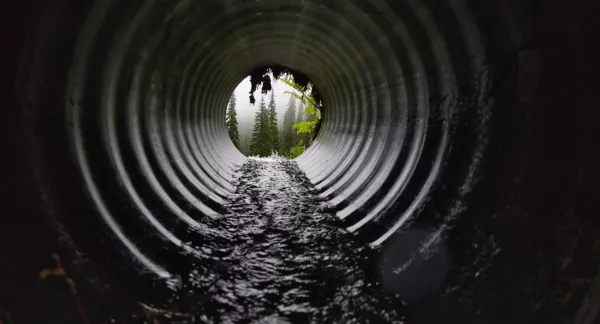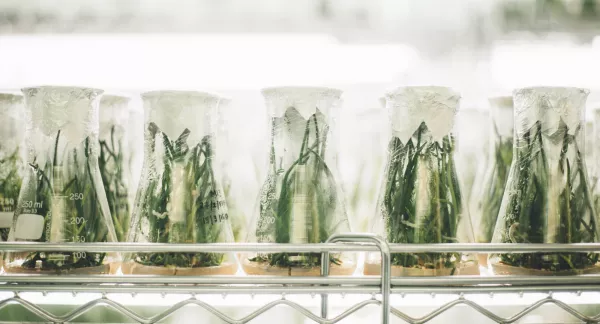The Impacts of Membrane Process Residuals on Wastewater Treament
Abstract
As the use of membrane processes in the treatment of drinking water is rapidly expanding worldwide, their application in water reuse projects expands as well and will be equally important. Membrane technologies that are used to remove inorganic ions (reverse osmosis, nanofiltration, and electrodialysis) produce a residuals stream that is enriched in such ions. The stream, called “concentrate”, represents a significant disposal challenge. Concentrate treatment to either harmless by-products or complete destruction has so far been costly, from both a capital and operating perspective. Thus, the disposal options for concentrate usually involve transport off-site, shifting responsibility for their ultimate disposal to another environmental system or other approaches. According to the literature surveys conducted for this project, the typical method of brine residuals disposal is discharge to wastewater treatment plants (WWTPs) or to the sea or other water body. The project provides practical guidance to utilities concerning the effects of membrane process residuals on wastewater treatment (including treatment processes, effluent quality, and water reuse and residuals management options).
Originally funded as WERF project Reuse-02-06c.

